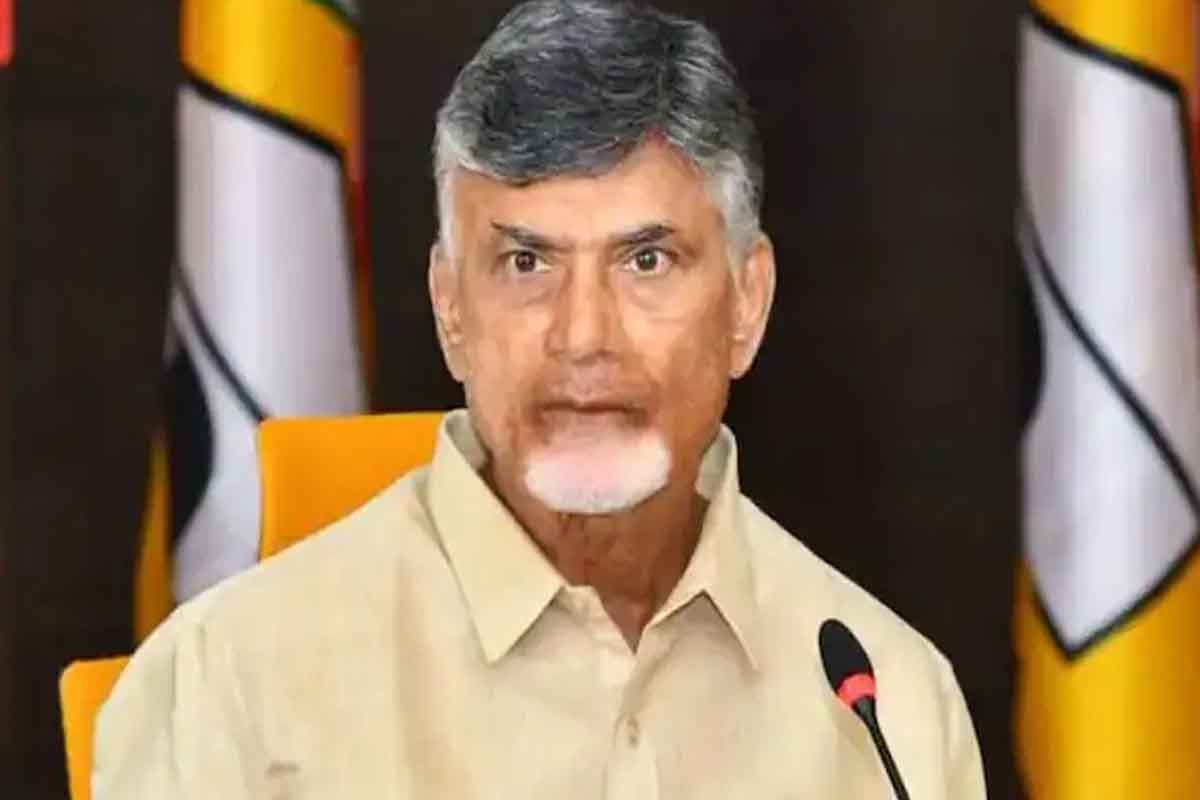
The Supreme Court delivered a split judgment on Tuesday regarding a petition from Telugu Desam Party (TDP) president N Chandrababu Naidu. He sought to dismiss a case filed against him by the Crime Investigation Department (CID) in connection with an alleged ₹371 crore development scam. Justices Aniruddha Bose and Bela M Trivedi disagreed on whether prior approval was necessary before investigating Naidu under the Prevention of Corruption (PC) Act. Justice Bose believed such approval was required, leading him to dismiss the charges under the PC Act. In contrast, Justice Trivedi upheld the corruption charges, asserting that Section 17A of the PC Act applied only to offenses related to the 2018 amendments.
Despite the split decision, both judges agreed that there were no issues with the remand order that led to Naidu’s arrest in September of the previous year. They emphasized that, besides PC Act charges, Naidu faced allegations under the Indian Penal Code, justifying the remand order. The case has been referred to the Chief Justice of India for the formation of a three-judge bench to make a definitive decision on the corruption charges against Naidu. CBN argued that the FIR against him was illegal as it lacked prior approval from the competent authority. He contended that Section 17-A of the PC Act mandated such approval, given that the alleged acts related to his official duties as chief minister. The Andhra Pradesh government countered, stating that the inquiry began in 2017, before Section 17-A came into effect in 2018.
The investigation revolves around claims that funds meant for a skill development project were redirected to shell companies through fraudulent invoices during Naidu’s tenure. Arrested in September for allegedly misappropriating funds, Naidu denies the accusations. The Andhra Pradesh high court granted him regular bail on November 20.
The Supreme Court reserved its verdict on October 17 after Naidu challenged the high court’s decision not to quash the FIR. The high court argued that Section 17-A didn’t apply, as CBN’s alleged actions were unrelated to his official duties.
Senior advocates Harish Salve and Sidharth Luthra, representing Naidu, argued that the investigation and arrest were illegal without Section 17-A sanction. Naidu accused the Andhra Pradesh CID of acting at the ruling party’s behest to undermine the TDP’s chances in the upcoming state election, labeling it a “clear example of regime revenge.”













